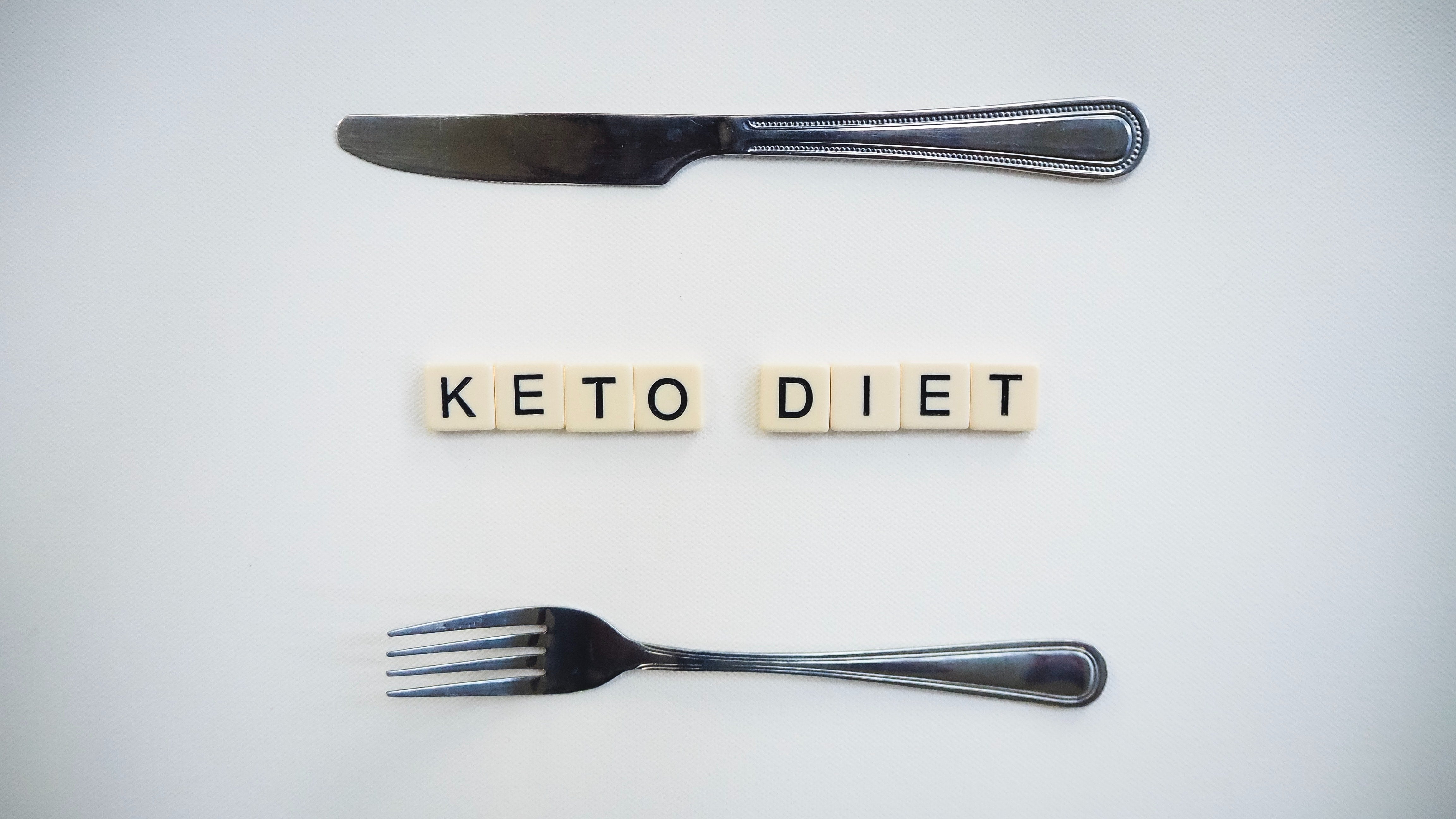Fasted Exercise: Pros and Cons of Working Out on an Empty Stomach
If you making your health has become a top priority for you this year, you may have started looking into the various changes you can make. Along with ensuring you’re following a healthy diet, exercise is a great way to keep your health in check! With endless resources available online, it can be challenging to understand what you should and shouldn’t be doing. Fasted exercise has been a hot and controversial topic over the past few years in the fitness industry. Today we’ll take a look at the pros and cons associated with working out on an empty stomach so you can decide if it’s something you’d like to try out for yourself!
What is Fasted Exercise?
Before we get into the meat of it, what does fasted exercise entail? As you may be able to guess, it’s going through a workout or exercising without having had any food for an extended period of time. This usually means working out in the morning when you haven’t had food in over 8 hours.
Many fitness professionals swear by fasted cardio, which is essentially the same as fasted exercise, only specifically tailored to cardiovascular exercises such as running, biking, climbing up stairs etc.
Intermittent fasting is another way you can incorporate fasting into your lifestyle. There are many types of intermittent fasting routines you can follow but the most popular involves only eating during an 8 hour timeframe and then fasting for the other 16 hours of the day. It’s posible to workout while doing intermittent fasting but it may take some extra coordination!
How Fasted Exercise Works:
So what exactly is fasted exercise supposed to do? Simply put, your body needs energy to function and exert more energy. In order to do so during a workout, it uses energy that is converted from the food you eat when metabolized, turning it into fuel – which is where we get ‘food is fuel’.
When you fast, your body has no food to turn into energy so it looks to fat instead, which can aid in weightloss.
How to Prepare:
If you’re planning on getting started with fasted workouts, hydration is key. Try doing your workout in the morning and make sure you’ve had enough water before you get into it. Water will help you get through the workout if you’re not used to doing it fasted. It may also help with cramping you experience during a fasted workout session!
Pros of Fasted Exercise:
Fasting prior to exercising can be extremely beneficial if you’re following a keto diet. Here are some of the biggest advantages you may experience!
Burn fat faster
Everyone wants to burn fat as quickly as possible and fasted exercise will certainly help you with that! Many studies look at fasted cardio, in particular, stating that you’re able to burn up to 20% more fat compare to those who eat a meal before getting into their workout routine.
Instead of using food for energy, fat is used instead which can promote weight loss. If you stick to a regular schedule of fasted cardio, you can successfully lose weight and keep it off!
It may help you reach ketosis
Remaining in a state iof ketosis is what we all strive for on the keto diet. If you’re not familiar, ketosis happens when your body produces ketones out of fat instead of carbs in order to restore your glycogen and water. When this happens, it’s much easier for you to lose weight.
Reaching ketosis takes time and can be challening if you’re going over your carb limit. By adding fasted exercise to your routine, you can help your body get into a state of ketosis.
Improved digestion
If you experience issues with digestion, fasting before a workout may help! It’s not uncommon to feel nauseous or experience stomach pain after eating a meal or snack before a workout. Exercise on a empty stomach will alleviate any discomfort you may experience.
While fasting can be a quick fix for digestion issues, you should also consider probiotics with digestive enyzmes to assist with regulating your system.
Enhanced adaptations
By practicing fasted workouts, you’ll teach your body how to adapt to training when your body is experiencing different blood levels. When fasted, your stomach works to increase your oxygen and allow you to perform during the workout.
Cons of Fasted Exercise:
Although there are many benefits to fasted exercise, there are a few drawbacks as well.
Reduced performance:
It should come as no surprise that working out on a empty stomach will only decrease your performance compared to a workout after eating. While your body burns fat in order to create energy, your performance is at risk.
You may find that you’ll only be able to get through a workout for a certain amount of time. After that, you’ll face exhaustion and could injure yourself.
Loss of muscle mass:
If you workout while fasted on a regular basis, you may start to lose muscle. This can be disappointing if you’re working hard to build muscle. This happens because exercising while fasted ups your cortisol levels, burning amino acids in the process. Those amino acids help build protein and create energy so without them, your muscle will go.
With that being said, there’s a study that speaks to the breakdown and states that it only begins an hour and half after your finish a workout. That means you better make sure you have a protein shake or nutritious meal to fuel you after the workout is complete!
It could lead to weight gain:
If not done correctly, you can fall into the trap of gaining weight. It’s easy to grab food that’s convenient and justify it because you’ve worked out. If that happens you may start to fall off your keto diet and back into bad habits. Keep your eye on the prize and this won’t be a problem.
Proper Nourishment After Fasting:
As you can see, fasted exercise can lead to a handful of issues if not done properly. To avoid encountering any problems with fasting, maintaining a healthy diet afterwards is crucial! This diet plan and grocery list for beginners will help you stock your fridge with the essentials for a proper post-workout meal.
If you don’t always have time in your busy schedule to fit in a nutritious meal, you can also reach for a keto meal replacement. That way you’ll know that you’re getting all of the minerals, vitamins, healthy fats, and more that are needed for a speedy recovery!
Will You Give Fasting a Try?
After weighing the pros and cons of fasted exercise, you might want to try it for yourself. You may also decide it’s not for you and that’s also okay! If you find that’s the case, there are other ways you can work towards your health and fitness goals.







Leave a comment
All comments are moderated before being published.
This site is protected by hCaptcha and the hCaptcha Privacy Policy and Terms of Service apply.